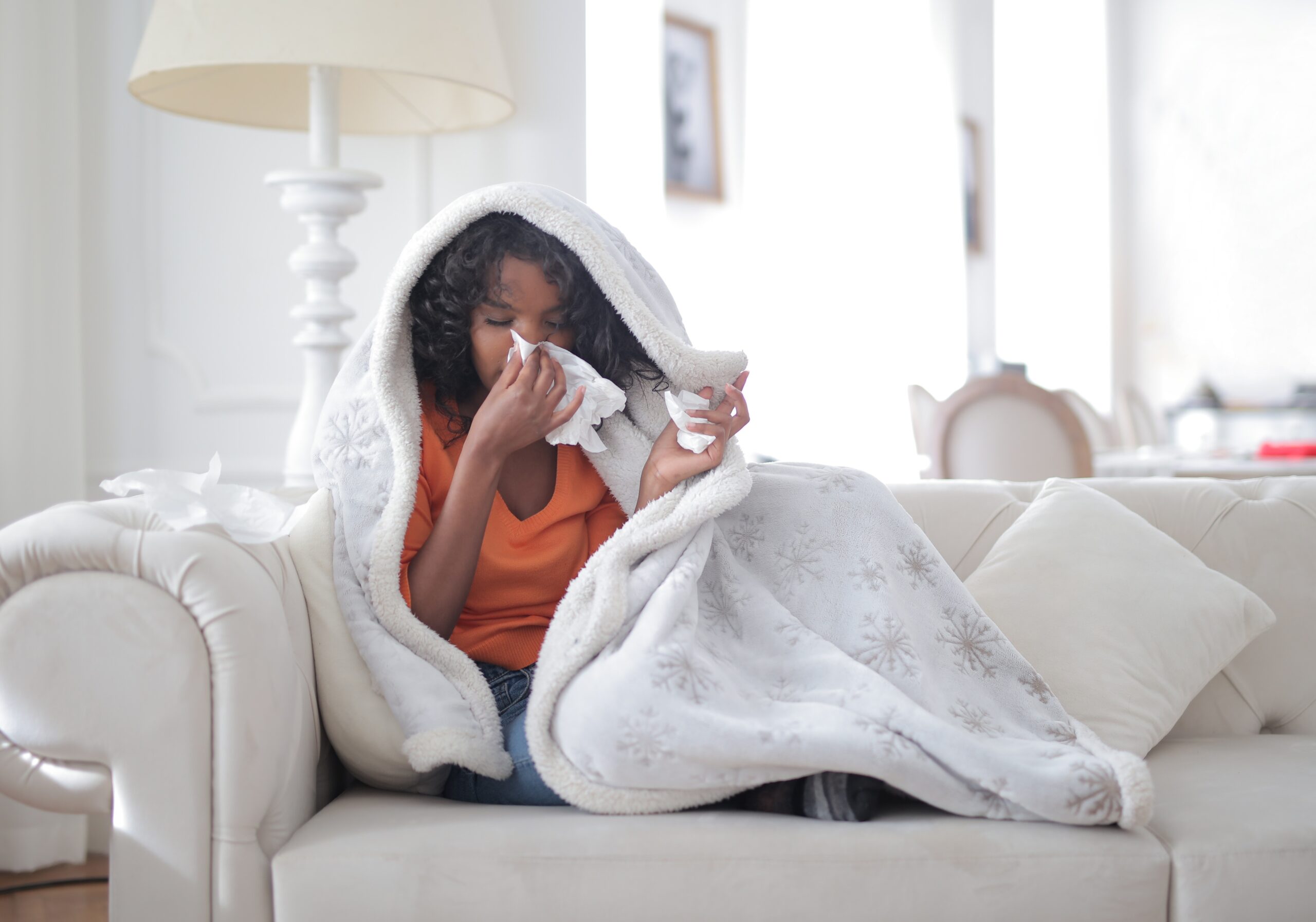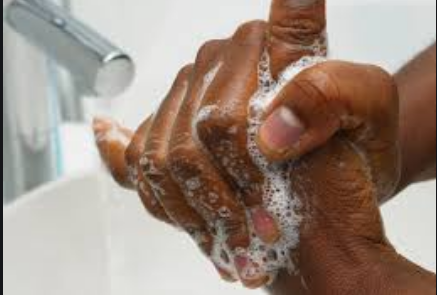
May 29, 2020
0 Comments
How To Avoid The Spread Of Infection In The Workplace
![]()

![]()
![]()
![]()
With the recent outbreak of COVID-19 around the world, it is imperative that infection at work should be taken more seriously, so as to avoid the transmission of the said disease.
Therefore, I will list ways on how to avoid the spread of infectious disease at work.
- Wash your hands before and after handling food.
- Avoid touching your hair, nose or mouth,
- Keep hot food hot and cold food cold.
- Use separate storage, utensils, and preparation surfaces for cooked and uncooked foods.
- Get the appropriate vaccine,
- Wash your hands frequently.
- Stay home if you are sick (so you do not spread the illness to other people): If a member of staff does contract a virus, such as a norovirus, make sure they stay away from work for at least 48 hours after the symptoms have disappeared, to avoid water contamination and transmission of the virus
- Use a tissue, or cough and sneeze into your arm, not your hand.
- Use single-use tissues.
- Use antibiotics sensibly…
- Stay at home if you have signs and symptoms of infection.
- Be smart about food preparation.
- Disinfect the ‘hot zones in your residence.
![]()

Standard Precautions.
- Hand Hygiene: Encourage staff to practice good hand hygiene by regularly washing their hands with good-quality soap throughout the day It is recommended that you should wash your hands for as long as it takes to sing happy birthday twice (approximately 30 seconds)
- Needlestick and Sharps Injury Prevention.
- Cleaning and Disinfection: Ensure regular, thorough surface cleaning takes place in all communal areas. it is recommended that healthcare facilities are professionally deep cleaned at least twice a year to prevent the build-up of hidden embedded dirt and contamination, and the associated microorganisms
- Respiratory Hygiene (Cough Etiquette)
- Waste Disposal: Ensure that storage rooms, refuse areas, canteens and changing rooms are cleaned regularly using antibacterial wipes and surface sanitizers
- Use of personal protective equipment: Personal protective equipment (PPE) is a key asset to carrying out standard precautions. PPE includes gowns, masks, eye protection, and/or a face shield for high splash areas such as the operating room (OR) or a trauma area.
- Sharps safety (engineering and work practice controls).
- Safe injection practices (i.e, an aseptic technique for parenteral medications)
- Sterile instruments and devices.
If a situation reaches the point where you have to set up an isolation room in the workplace, check out the post on the necessary equipment you need in the office.
These are a few things you need to abide by in order to reduce the transmission rate or the transmission of an infectious disease.
Medbury cares.
